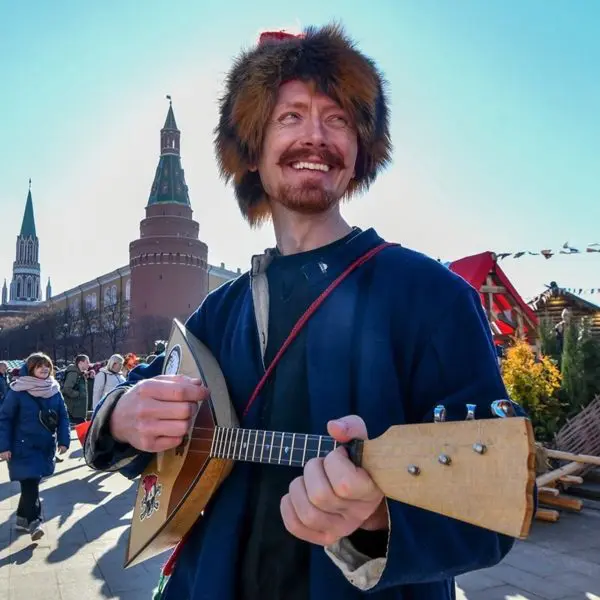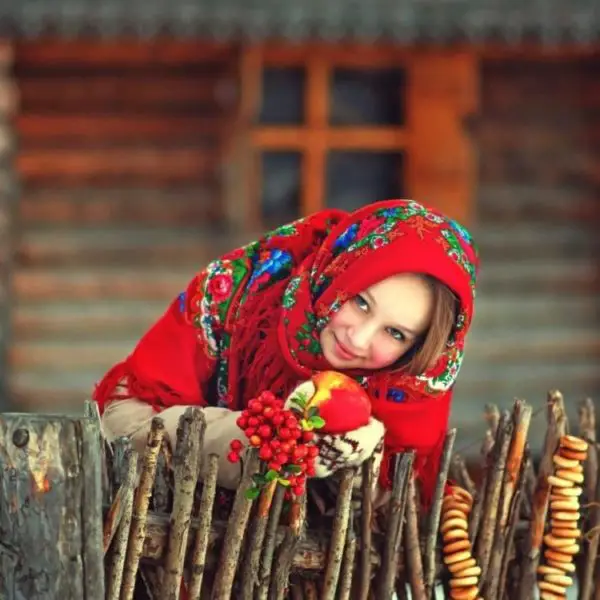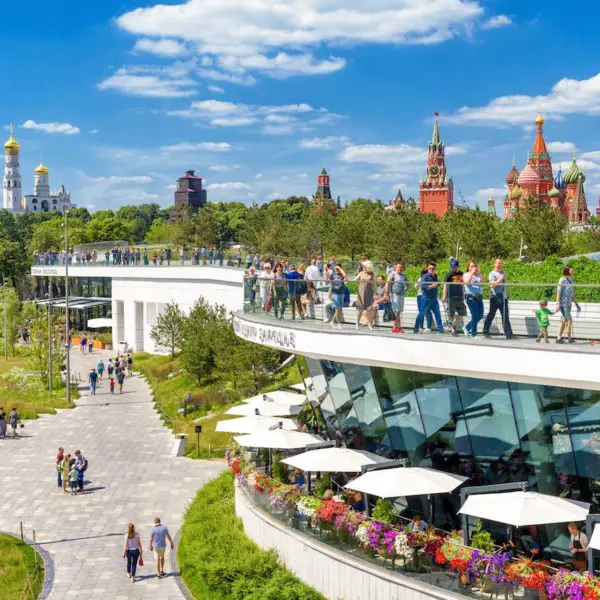11 Russian Stereotypes - True or Pure Fantasy?
While most countries can’t escape being stereotyped one way or another, think about it – how many other cultures have been stereotyped, and consequently, judged by the outside world, with the same pervasiveness as the Russians.
There are explanations for our stereotyping obsession of course. Straddling both the eastern and western worlds, with huge expanses of remote and sparsely populated wilderness in between, Russia is seen as vast, mysterious, largely impenetrable and virtually foreign to its more familiar European neighbours. It was vilified by the Allied powers post-WWII, and again during the Cold War, which saw the ‘Russians hellbent on taking over the world’ became popular villains in Hollywood movies. For 40 years during the Soviet/Cold War era, Russia was almost completely shut off from outside contact during the secretive reign of the USSR. The world was both suspicious and intrigued. It was inevitable that these stereotypes would emerge, as people tried to imagine a country they had heard about in history books but could not experience themselves.
Now that Russia has risen from the dark fog to become one of the world’s most globally connected superpowers and popular tourist attractions, perceptions are starting to change. But there some stereotypes are hard to shake. Here are some of the most common (and weird) ones we’ve heard.

Russians are unfriendly, humourless and never smile
Russians are often thought of as rumpy, stone-faced and reserved, simply because they don’t smile nearly as much as say… Americans. Visitors to Russia may encounter what seems at first to be an unsettlingly stern demeanour. That’s simply because most tourists primarily interact with locals in a bureaucratic setting (ticket-sellers, receptionists, train guards etc.). Decent service in Russia typically means being straightforward and formally polite, with no need for meaningless chit-chat.
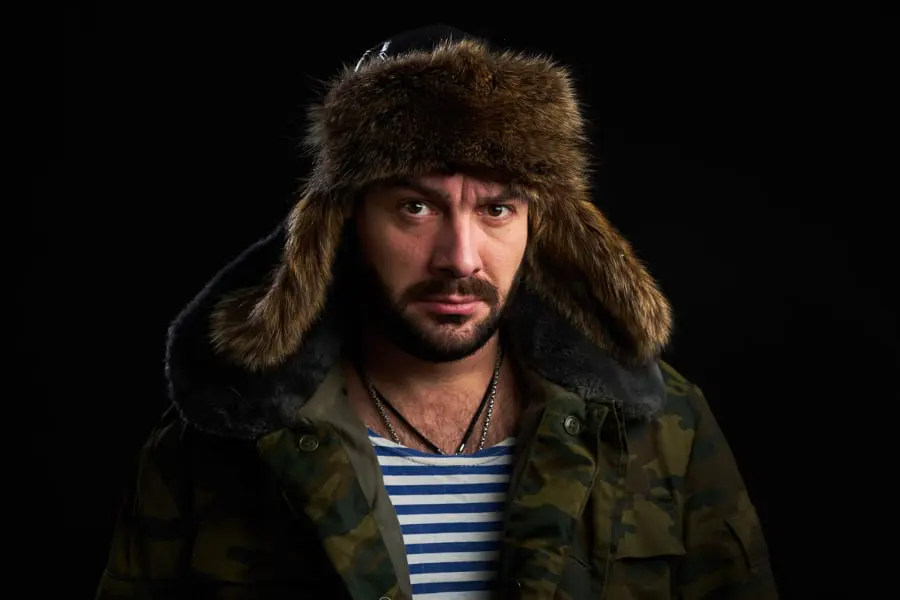
It’s not that Russians don’t smile, but rather, smiling in Russia has a different purpose. The Russian smile isn’t generally a way of expressing friendliness to strangers. Rather, it tends to be reserved for showing affection among loved ones, reacting to something funny (yes, Russians do in fact have a rather wicked sense of humour) or during times of genuine enjoyment.
Find yourself invited to celebratory dinner with a bunch of locals, and as the vodka flows, you’ll quickly discover Russians smile, laugh, dance and get as joyously silly as anyone.

Russian women are extremely beautiful and obsessed with posh and glamour
Russian women are renowned for their beauty, and it’s true – many Russian women possess qualities regarded as classically attractive – high cheekbones, tall, slim figures, voluptuous lips and small, snub noses. But not all Russian women fit the stereotypical ‘Russian bombshell’ image, with so many different ethnicities with unique physical attributes living across the vast, multi-cultural expanse of Russia.
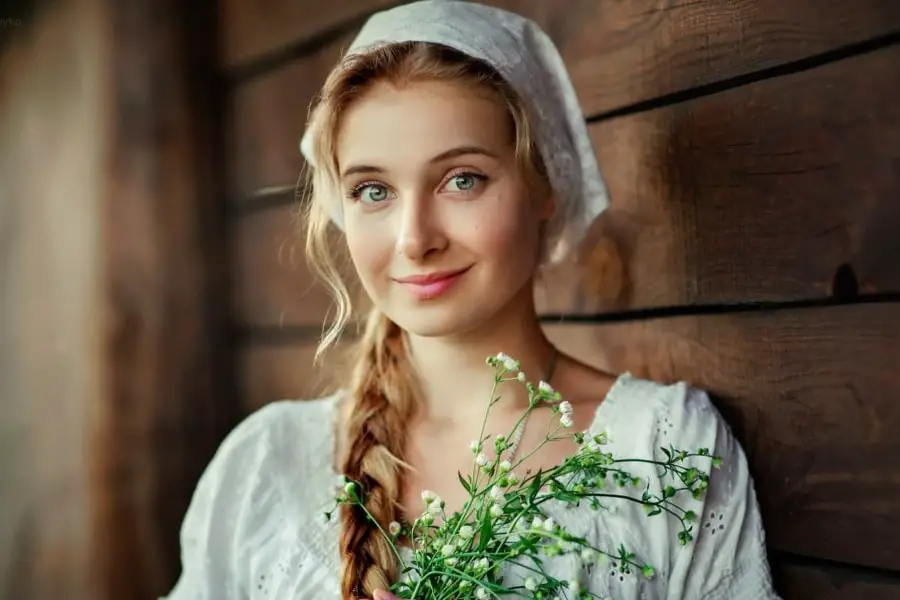
Many Russian ladies have a reputation for being beauty-obsessed, never stepping out without wearing the latest fashion, the finest jewellery, and flawlessly made-up faces. Some members of the younger generation have adopted the philosophy that glamour doesn’t necessarily equal femineity, but for many well-to-do Russian women, going out is seen as a chance to show off – too much bling is never enough! You may think they look overdressed, but their confident strut tells a different story! Extreme flashiness, however, is usually reserved for special occasions. For day-to-day activities like going to work or grocery shopping, Russian women tend to dress conservatively.

It’s always winter in Russia
Imagine a typical Russian scene and there’s a good chance you’ll conjure up a snow-covered, colourless landscape, its shuffling inhabitants dressed in thick coats and ushanka (fur caps with dangling ear flaps). While not entirely inaccurate, it’s certainly not what most of Russia looks like, most of the year.
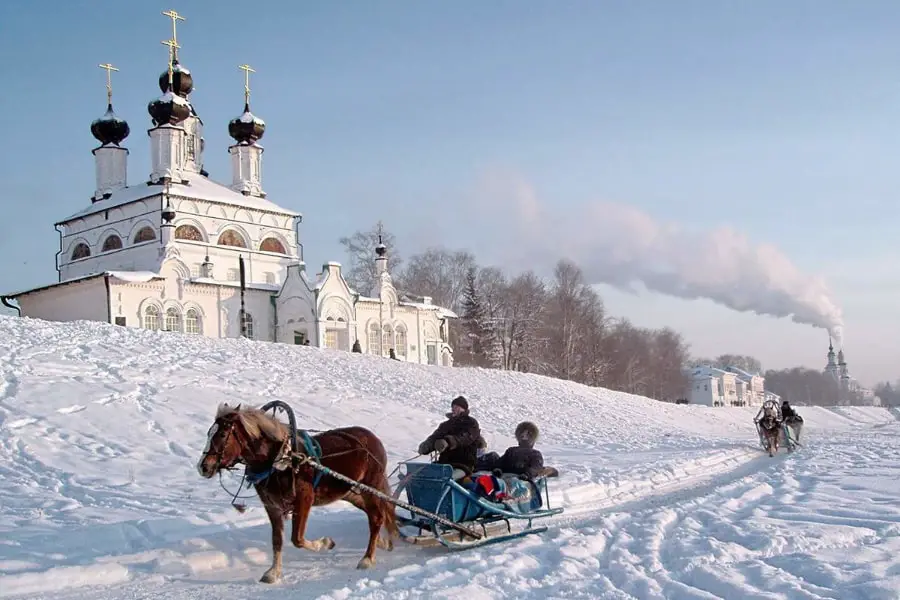
Russia is an immense country encompassing a total of seven climatic zones, with dramatic differences in weather from one region to the next. Most of the country possesses a continental climate, with warm to very hot summers and cold, snowy winters. Moscow’s cool, temperate climate enjoys a pleasantly warm, slightly humid summers and receives almost all its snowfall between late November and early March. Sochi and the Black Sea Coast are blessed with mild subtropical weather year-round. So, unless you’re planning your Russia trip in the dead of winter, you can probably leave the thermal underwear at home.

Russians drink Vodka like water and beer is considered a ‘non-alcoholic’ beverage
Vodka is enormously popular in Russia, a proud symbol of heritage and tradition. Virtually every special occasion will involve passing around the bottle – having a glass or two is more or less expected. However, vodka is generally reserved for celebrations. It’s almost exclusively enjoyed in social situations and accompanied by food.

No, it’s not considered a replacement for water, and beer is consumed in much the same fashion. Just like anywhere, alcoholism is a problem among a subsection of the population, but as Russian society becomes more health-conscious, people are indulging less in unhealthy drinking habits. If there’s one beverage Russians drink with truly enthusiastic frequency, it’s good old fashioned tea. Ninety-four per cent of Russians are regular tea drinkers, downing an average of three cups a day.

Russia has a massive problem with corruption
This one, unfortunately, is grounded in a considerable amount of truth. Since Medieval times, Russia’s ruling powers have propped up their wealth by working corruption into the system. Handing over bribes was part and parcel of life in Russian society.

Unfortunately, bribery is still normalised among many in positions of power. According to a recent survey conducted by PWC, a third of high-level Russian business managers and had to deal with corruption and bribery in order to run their business. Several profile cases involving high-ranking government officials have come to light in the last few years, and while the public is increasingly demanding justice, correcting hundreds of years of institutionalised corruption is a slow process. Having said that, as a tourist, you’re very unlikely to encounter any dodgy dealings with cops or other authority figures. Tourists generally aren’t considered targets – it’s the ordinary citizens dealing with the brunt of the problem.

All Russians are communists at heart
Communism is the state ideology that completely took over political, social and economic life in Russia during the Soviet Era. Any opposition would attract sometimes lethal punishment. The ideology was abandoned in 1991 and Russians (the wealthy ones at least) have wholeheartedly embraced the capitalistic lifestyle.
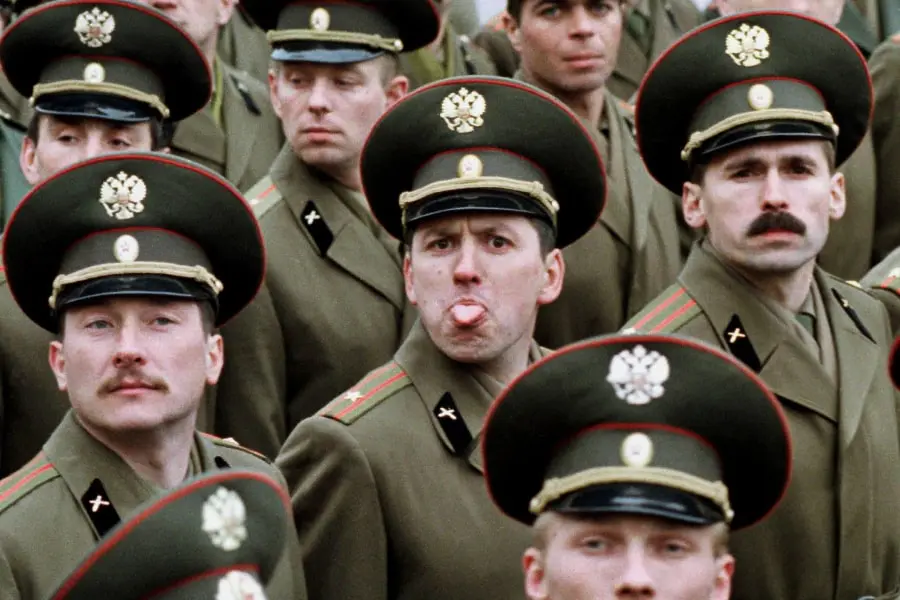
However, there are plenty of older people who still remain attached to communist ideals, and it’s not that unusual to meet elderly folk with fond memories of the days of the USSR. Still, as the original comrades fall into old age, the communist sentiment is becoming far less prevalent in Russia. Today, the Communist Party of Russia only has about 160,00 members in total.

Russians are extremely superstitious
Russian culture is rich in folklore, age-old beliefs and old wives’ tales. Many beliefs stem from pre-revolutionary times, when Pagan mystics existed in every village alongside Orthodox priests, weaving magic and superstition into the beliefs of Christianity. Plenty of superstitious traditions still survive today. Considered a part of Russian folk heritage, they therefore still have a place in society.
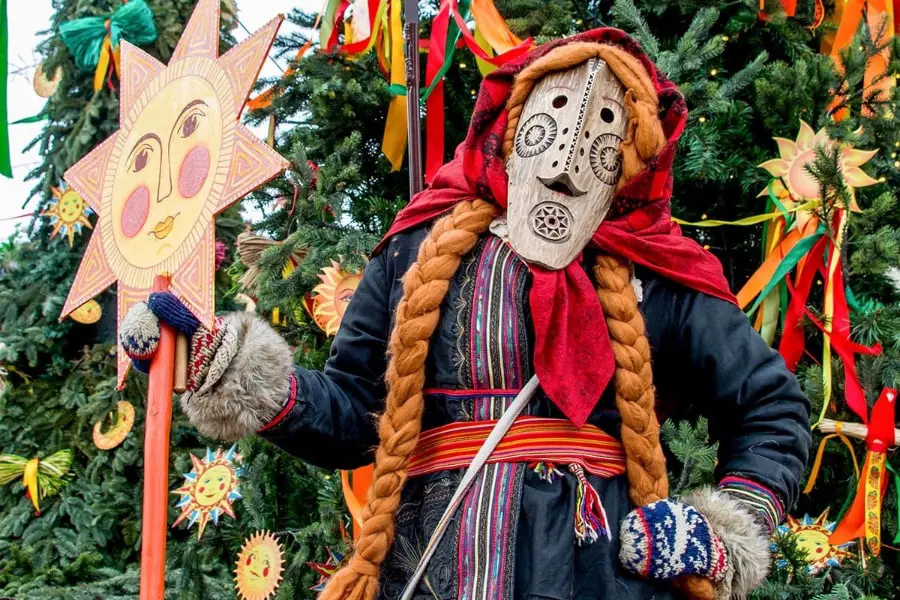
One common superstition is refusing to sit at the corner of the table (it’s unlucky, obviously!). Want to thank someone with a lovely bouquet of flowers? Make sure the bunch is made up of an odd number of flowers. Even-numbered bouquets are only for funerals. Most Russians don’t believe these little rituals actually work. For many, it’s a force of habit or just a bit of light-hearted fun.

Russians possess a “mysterious” soul
If you’re into classic 19th-century Russian literature, you made have read philosophical ponderings on the unique make-up of the “Russian soul”, an idea that entered Western consciousness with the popularity of writers like Tolstoy and Dostoevsky. These writers attempted to paint a picture of the Russian psyche by exploring the suggestion that ethically and cultural Russians have an alternative way of interacting with the world, often in sharp contrast to those in the west.
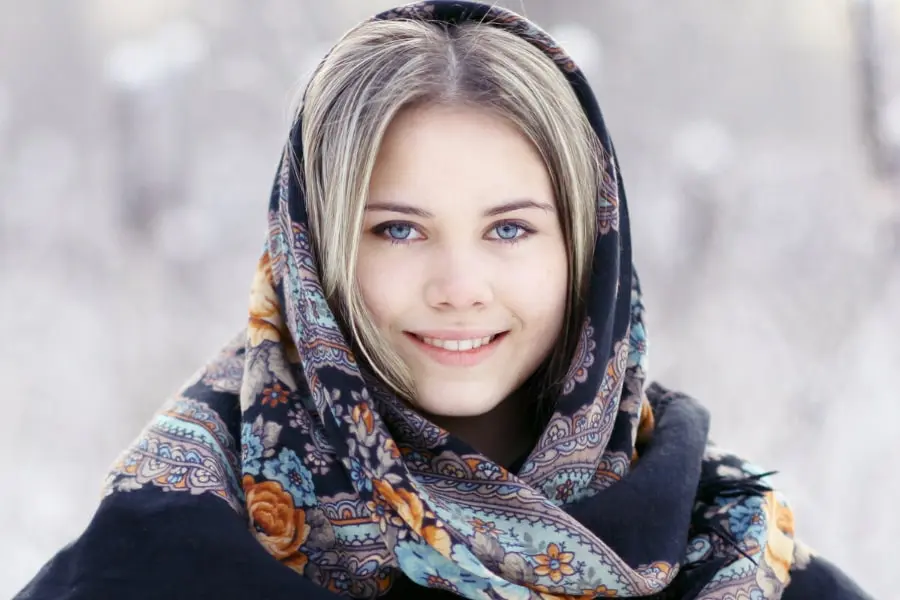
The core idea, upheld as one of the pillars of national identity, is that, while influenced by both Eastern and Western values, Russia frequently chooses to go its own “third way”. Only no one can quite agree on what this really means.

Russians have a distrust of the law and many have mafia connections
Hollywood has portrayed Russians as bad guys for so long that there’s little wonder people still have trouble breaking the association between “ordinary Russian” and “evil criminal”. Past political unrest has led to periods of high crime in Russia, but in the last two decades, serious crime has fallen dramatically. For the casual tourist, violent criminals and mobsters should be very low on your list of concerns.

The Russian mafia is still one of the world’s most powerful criminal organisations, but your chances of ever bumping into one are slim. Out of a population of144 million, about 12,000 Russians are estimated to be mafia members. On the flipside, almost a million Russians serve in what is the third biggest police force in the world. Russia has the largest percentage of policemen per capita – 623 policemen for every 100,000 citizens.

Bears roam the streets and are favourite household pets
With bears are under threat in many places, Russia has shown considerable success in protecting its national animal, the brown bear, with the world’s largest population living within its borders. However, these bears have only managed to thrive thanks to the remoteness of places like the Kamchatka Peninsula. The odd lost bear may stumble into a rural village, but you definitely don’t risk bumping into a bear while strolling the streets of downtown Moscow!
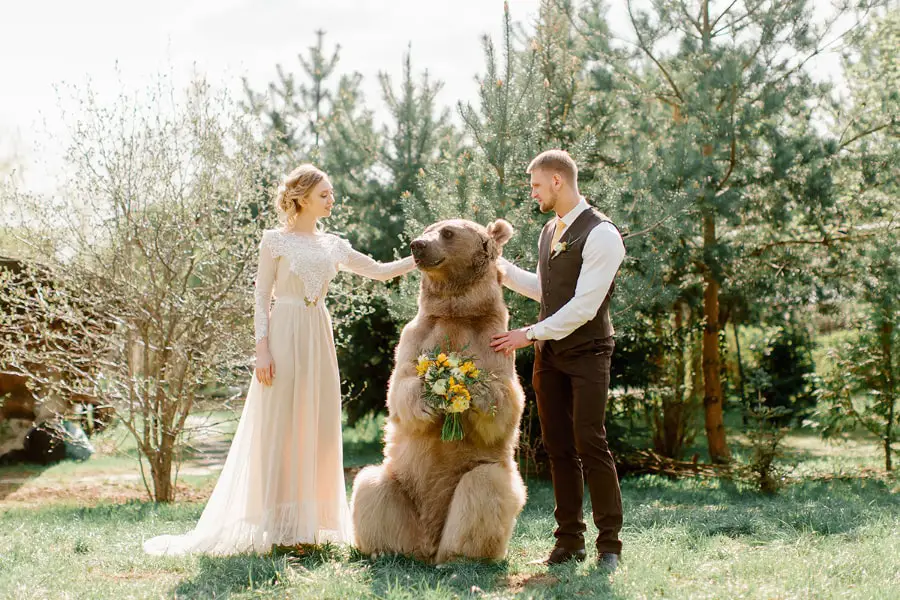
As for pets, well, Russians are some of the world’s most enthusiastic cat-owners, with 57% of households owning cats and 29% shacking up with dogs. Despite the memes, Russians don’t consider bears to be “oversized dogs”. That said, there are a small number of folk who do own bears in suburban homes, flaunt them in public for attention and perpetuate the stereotype. In 2017, Moscow banned the private ownership of bears.

Mail order brides are a major Russian export
The term “mail order bride” has been around since the 19th century, when women literally advertised their ‘availability’ in catalogues, hoping to marry into a more secure future with men from more developed countries. When the Soviet Union collapsed, many women from the Eastern Bloc found themselves in difficulty. Keen to seek a more stable life aboard, the ‘Russian mail order bride’ industry was born.
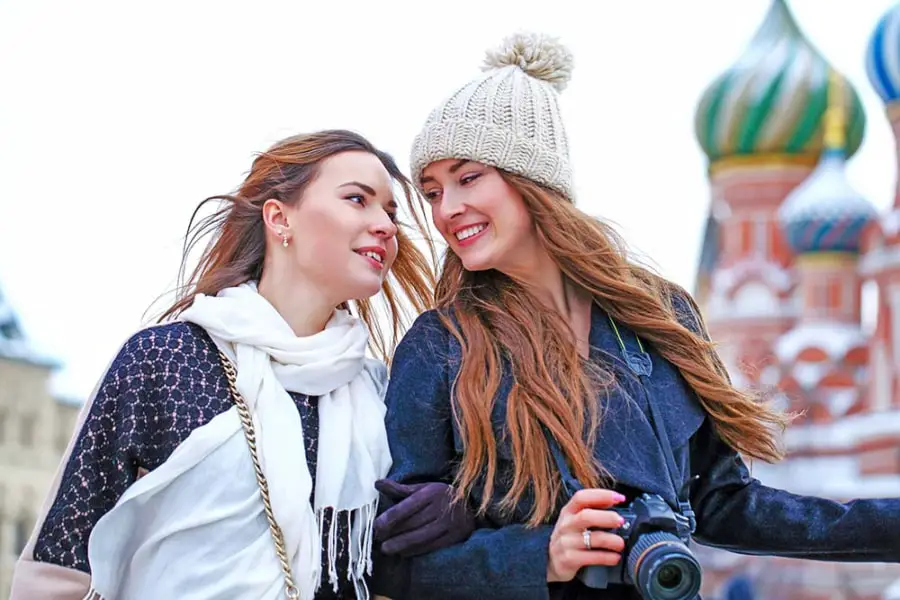
These days, the term itself is inaccurate. You cannot simply order a wife out of an online catalogue (hello… human trafficking!) The women are attached to international dating agencies, who introduce couples, assist with correspondence and translation and arrange for meet-ups across borders.
These online dating agencies continue to operate in Eastern Europe, however, as many more Russian women benefit from higher incomes and greater independence, they are partaking less and less. Far more common are Ukrainian brides-to-be, where many women are still seeking a way out of the country’s ongoing political and economic turmoil.
Related posts
Related Tours
If you have any urgent questions or enquiries, please give us a call +61 412 587 785
